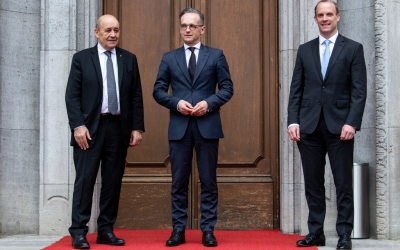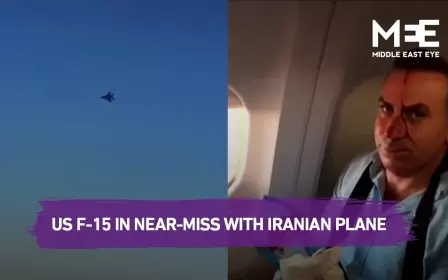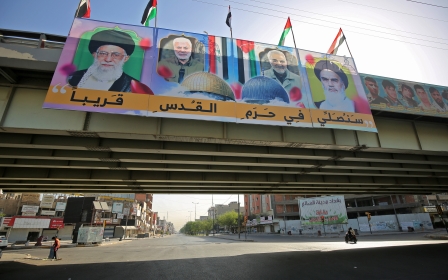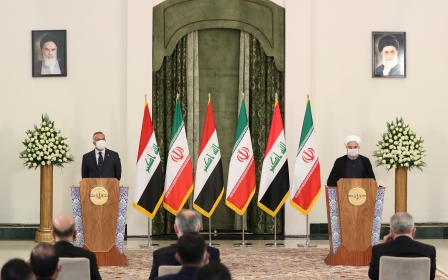US envoy calls on Gulf allies to back Iran arms embargo extension
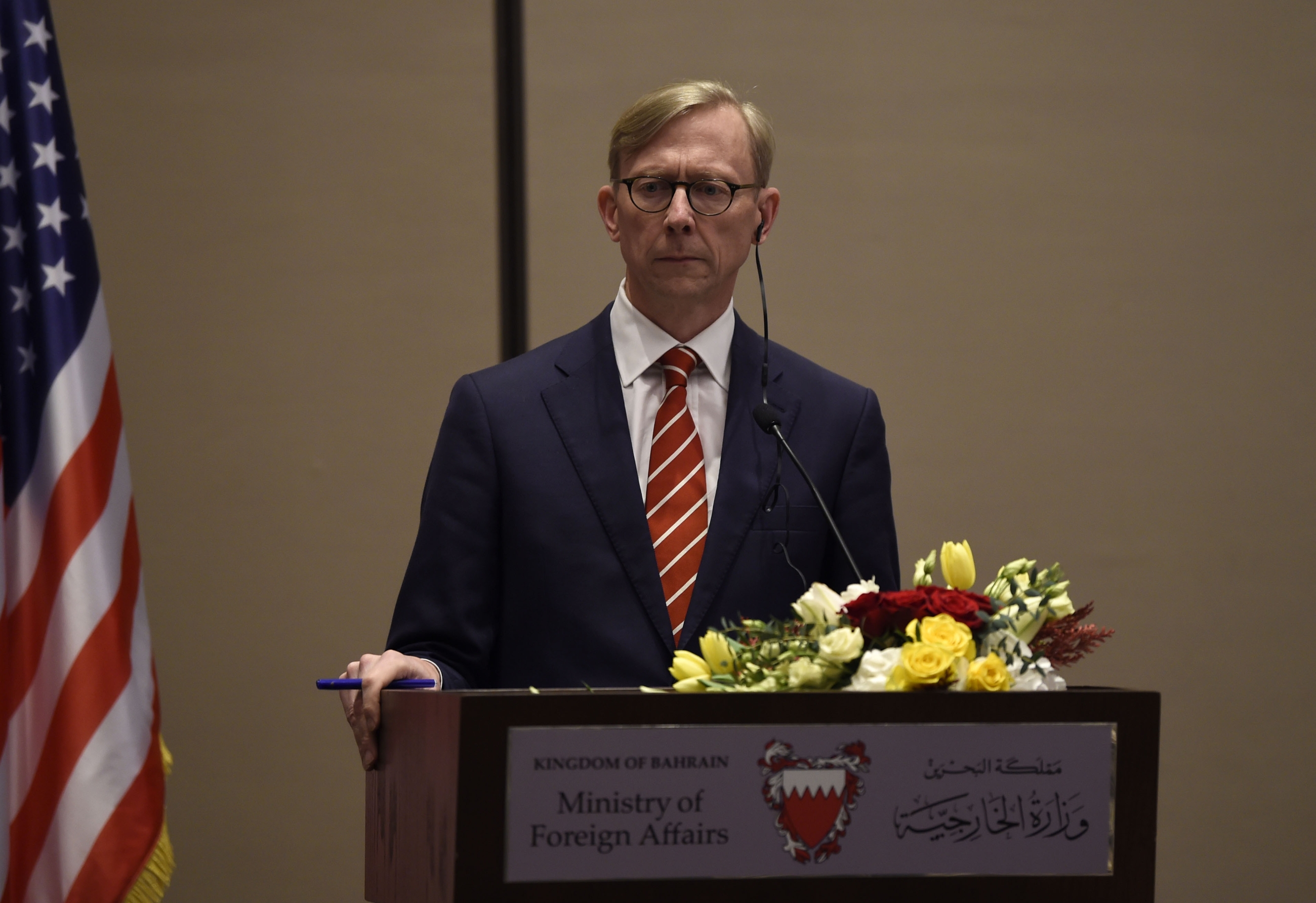
The US special representative for Iran on Sunday sought to rally Gulf allies as Washington tried to extend an arms embargo on Tehran, warning that failure would "intensify" regional conflicts.
"I've spoken with leaders here in the Gulf and around the world - no one believes that Iran should be able to freely buy and sell conventional weapons such as fighter jets… and various kinds of missiles," Brian Hook said in an online briefing during a visit to Qatar.
New MEE newsletter: Jerusalem Dispatch
Sign up to get the latest insights and analysis on Israel-Palestine, alongside Turkey Unpacked and other MEE newsletters
The United States has urged the UN Security Council to extend an arms embargo on Iran that expires in October. The extension is opposed by veto-wielding Russia and China, which stand to gain major arms contracts from Iran.
"If the Security Council fails to extend the arms embargo by 18 October, Iran will be able to freely buy and sell these weapons," Hook said. "Imagine what the region will look like if this happens; conflicts in places like Syria and Yemen will certainly intensify."
US arch-foe Iran is a key player on the side of the Syrian government in that country's conflict and is aligned with Houthi rebels in Yemen fighting against the government, which is supported by a coalition led by US ally Saudi Arabia.
Washington has warned it could employ a disputed legal move to restore wide UN sanctions on Iran if the Security Council does not prolong a ban on conventional arms sales to the Islamic republic.
Call to end Qatar feud
Iran is also at the heart of a dispute between Qatar and a Saudi-led quartet of regional countries that cut diplomatic, economic and travel ties with Doha in 2017.
Hook reiterated Washington's call for a resolution to the feud that saw Saudi Arabia, Egypt, the United Arab Emirates and Bahrain break with Qatar over accusations Doha was too close to Iran and backing radical Islamists. Qatar denies the allegations.
"The dispute has continued for too long and it ultimately harms our shared regional interests in stability prosperity and security," Hook said.
The US envoy will visit Kuwait on the next leg of his trip, having already visited Tunisia, a current member of the Security Council.
Middle East Eye delivers independent and unrivalled coverage and analysis of the Middle East, North Africa and beyond. To learn more about republishing this content and the associated fees, please fill out this form. More about MEE can be found here.


